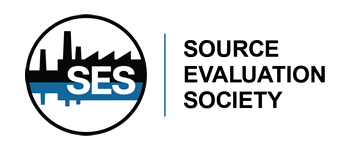| Abstract Title: | Methane emission intensities for upstream oil and gas production in Canada |
| Presenter Name: | Ms Judith Vogt |
| Co-authors: | Ms Katlyn MacKay Dr Martin Lavoie Dr Evelise Bourlon Ms Jennifer Baillie Ms Emmaline Atherton Ms Elisabeth OConnell Ms Chelsea Fougre Mr Gilles Perrine Prof David Risk |
| Company/Organisation: | St. Francis Xavier University |
| Country: | Canada |
Abstract Information :
The burning of fossil fuels constitutes the largest anthropogenic source of greenhouse gas emissions globally. In order to make better energy choices as we slowly progress towards net-zero emissions worldwide by 2050, we need more transparency around greenhouse gas emission intensities. In this study, we calculated methane emission intensities of upstream oil and gas production using a large inventory of measurements from vehicle- and aircraft-based methane emission surveys across Canada. Onshore, we found the lowest emission intensities of 0.100.07 gCO2eMJ in gas dominated production near Grande Prairie, Alberta, and the highest emission intensities of 39.5326.79 gCO2eMJ in the oil producing region of Kindersley, Saskatchewan. Emission intensities onshore and offshore varied in some cases by over 100x between regions, suggesting that some regions are a more important focus for mitigation if we are to lower the carbon intensity of production. These upstream-only emission intensities also substantially exceed previous estimates for whole-lifecycle methane emission intensity of 2.6 gCO2eMJ. As such, lifecycle values based on emission factor inventories clearly need to be revised based on new information from large-scale measurement efforts.






